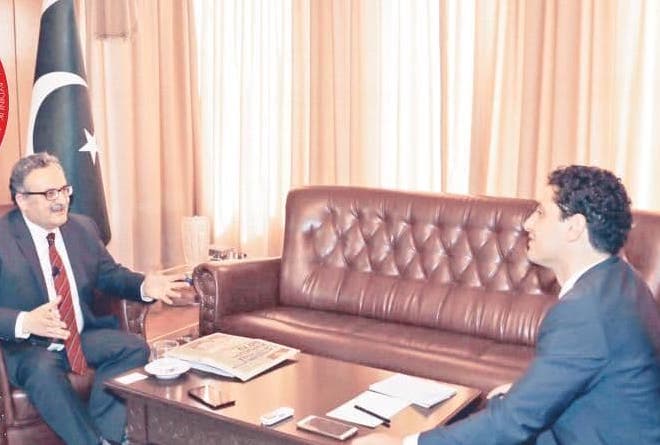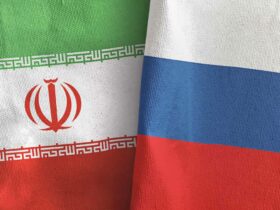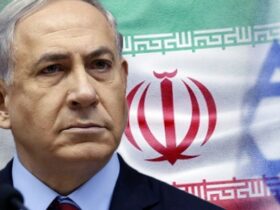The Afghanistan crisis, which got into the global political agenda with the withdrawal of the US forces and the takeover the Kabul by the Taliban, still remains as a hot topic.
The crisis that shook the world has caused many discussions and evaluations.
We spoke about this topic to H.E. Muhammad Syrus Sajjad Qazi, Pakistan’s ambassador in Turkey. Pakistan is neighbour of Afghanistan and highly affected by the developments cross the border.
Below is the interview that contains some interesting facts about the fate of Afghanistan, the truth behind the Taliban, the background of the American withdrawal, the multipolar world and the Afghan refugee waves.
How does Pakistan evaluate the change of power in Afghanistan? How is your view concerning the Taliban?
Being the immediate neighbour of Afghanistan, with 2600 km long border and host to over 4 million Afghan refugees, Pakistan has an abiding interest and desire for peace and stability in Afghanistan.
In the past few days, situation in Afghanistan evolved much more rapidly than the international assessments and predictions that were being made.
The sudden collapse of the Afghan government and surrender of Afghan forces caught many people by surprise.
Although a civil war in Kabul seems to have been averted for now, the situation remains fragile.

The utmost priority right now should be ensuring safety and security as well as protection of rights of all Afghans.
Taliban have made some initial statements on the rights of all Afghans including women, safety and security including of diplomatic missions, and not allowing the use of Afghan soil by any terrorist organization/group against any country.
The international community will closely watch their actions.
How do you evaluate the US withdrawal from Afghanistan? Do you follow an approach of regional cooperation to provide a solution for the long enduring instability in Afghanistan?
Pakistan has been saying that the drawdown of international forces should coincide with the progress in intra-Afghan negotiations. However, that did not happen. The intra-Afghan negotiations made little progress in Doha mainly due to hard-line positions maintained by some parties.
As far as Pakistan is concerned, we have been facilitating the intra-Afghan negotiations, and also participating in different mechanisms, regional and international, aimed at bringing peace and stability in Afghanistan.
We have consistently underscored the need for a political solution and have supported every effort for peace in Afghanistan.
Pakistan is in touch with regional and international partners on Afghanistan. In the last few days, Prime Minister Imran Khan had telephonic conversations with the world leaders including the President of Turkey, the German Chancellor, and the Prime Ministers of the United Kingdom, The Netherlands and Denmark.
Foreign Minister Shah Mahmood Qureshi also spoke to his counterparts from the U.S., China, Russia, UK, Turkey, the Netherlands, Germany, Denmark, and the Republic of Korea.
A possible refugee wave from Afghanistan dominates the agenda in Turkey. What kind of joint measures can Turkey and Pakistan apply in order to prevent such a wave?
Both Pakistan and Turkey are closely coordinating on the evolving situation in Afghanistan.
As President Erdogan said on 15 August, close consultation between Pakistan and Turkey on peace and stability in Afghanistan would be essential, including on the refugee issue.
We underscore the importance of early and smooth transition of power and the need for all Afghan sides to engage and work out an inclusive political settlement. This would address the uncertainty in Afghanistan in the context of refugee crisis.
Achieving lasting peace and stability in Afghanistan and bringing an end to the four-decades long conflict is also a shared responsibility of the international community. We hope that the international community will remain engaged to achieve this objective.
Pakistan has assisted millions of Afghans over the last four decades. But owing to economic constraints, it would be difficult to accommodate any new influx. However, we remain committed to assisting international community to help internally displaced Afghans. The international community also has the responsibility to assist in establishing camps inside Afghanistan.
Can Pakistan play a constructive role between Ankara and the new government in Afghanistan?
Pakistan continues to work with the regional partners and international community including Turkey very closely.
We will always remain ready to facilitate efforts that are made towards ensuring peace and stability in Afghanistan through negotiated settlement.
There is a common demand for an “inclusive and representative government” in Afghanistan. How do you interpret this demand?
An inclusive and a representative government in Afghanistan would greatly contribute towards peace and stability.
We also remain engaged with all Afghan sides.
In the past few days, our Ambassador in Kabul has met with the Taliban leaders, former President Hamid Karzai, Dr Abdullah Abdullah and others.
A delegation of political leaders from Afghanistan, representing different ethnic groups and political parties has also been on a visit to Pakistan on 15-18 December 2021.
In all these interactions, we have underscored the importance of early and smooth transition of power and the need for all Afghan sides to engage and work out an inclusive political settlement. Pakistan considers all segments of the Afghan society important in the prosperous future of Afghanistan
Afghanistan’s population is comprised of various different ethnic and sectarian groups. Do you see the possibility that at the end of the current process, Afghanistan loses its territorial integrity or united structure?
I understand that efforts are already underway in Kabul to evolve an inclusive political settlement in Afghanistan. Pakistan will continue to support united, prosperous, peaceful and stable Afghanistan. The international community should also contribute towards this subjective.
We now see an opportunity in the form of international community’s convergence on peace and reconciliation. We also see a similar opportunity in the form of the Afghans’ yearning for peace and prosperity. The ordinary Afghans are tired of the four decades long conflict.
An early agreement on an inclusive political settlement among Afghan leaders would also help them in engaging with the international community.

















Leave a Reply